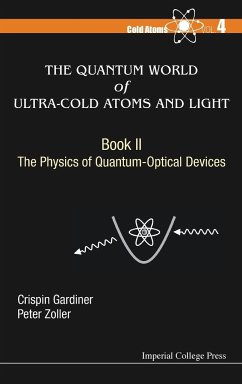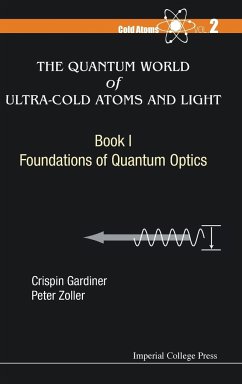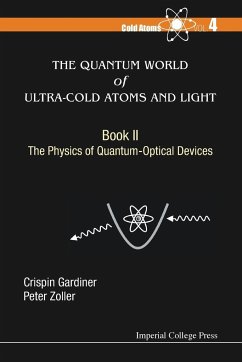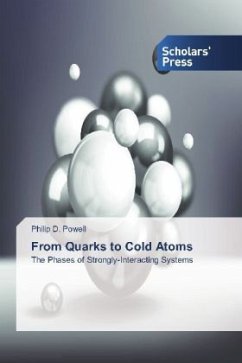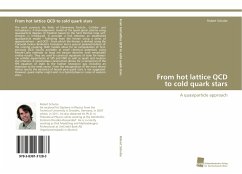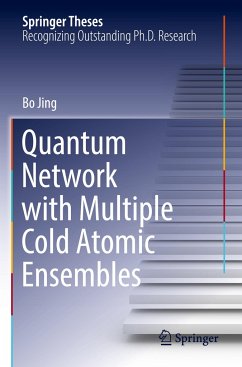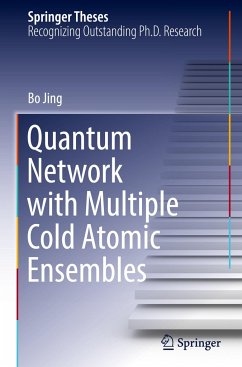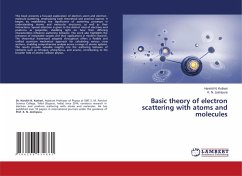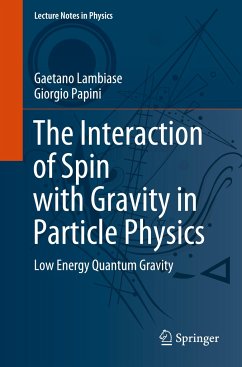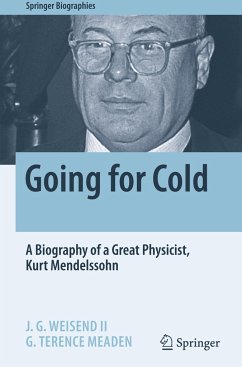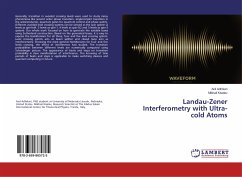
Landau-Zener Interferometry with Ultra-cold Atoms
Versandkostenfrei!
Versandfertig in 6-10 Tagen
24,99 €
inkl. MwSt.

PAYBACK Punkte
12 °P sammeln!
Generally, transition in avoided crossing levels were used to study many phenomena like second order phase transition, singlet-triplet transition in the semiconductor, quantum gates for quantum control and phase qubits. Different avoided level crossing systems can be viewed as the spin system (2 levels as spin-half, 3 levels as spin-1, 4 levels as spin-3/2 and 5 levels as spin-2 system). Our whole work focused on how to generate the suitable bases using Sutherland construction. Based on the generated bases, it is easy to express the Hamiltonians for all three, four and five level crossing syst...
Generally, transition in avoided crossing levels were used to study many phenomena like second order phase transition, singlet-triplet transition in the semiconductor, quantum gates for quantum control and phase qubits. Different avoided level crossing systems can be viewed as the spin system (2 levels as spin-half, 3 levels as spin-1, 4 levels as spin-3/2 and 5 levels as spin-2 system). Our whole work focused on how to generate the suitable bases using Sutherland construction. Based on the generated bases, it is easy to express the Hamiltonians for all three, four and five level crossing system. Level crossing points acts as beam splitter and closed loop acts as interferometry. Choosing the most general Hamiltonians for four and five levels crossing, the effect of interference had studied. The transition probabilities between different levels are numerically computed using Schrodinger picture. The appearance of beats and steps on transition probability is clear manifestation of interference. The knowing of time periods of beats and steps is applicable to make switching devices and quantum computing in future.



